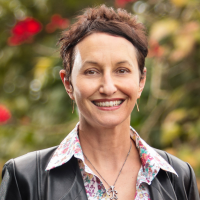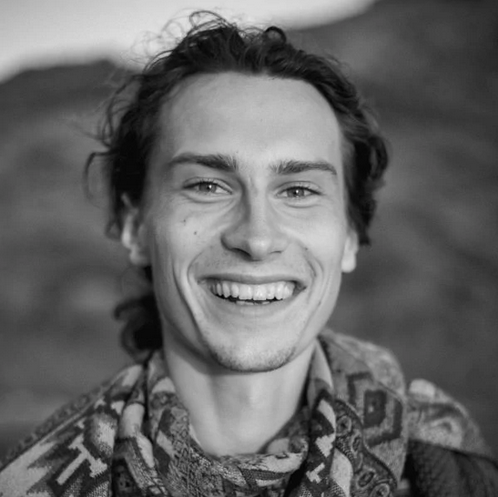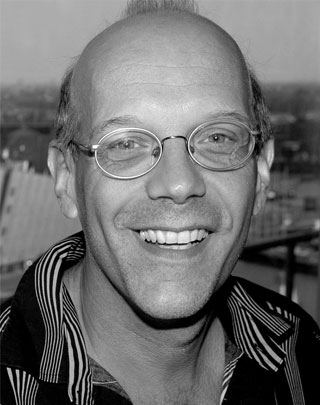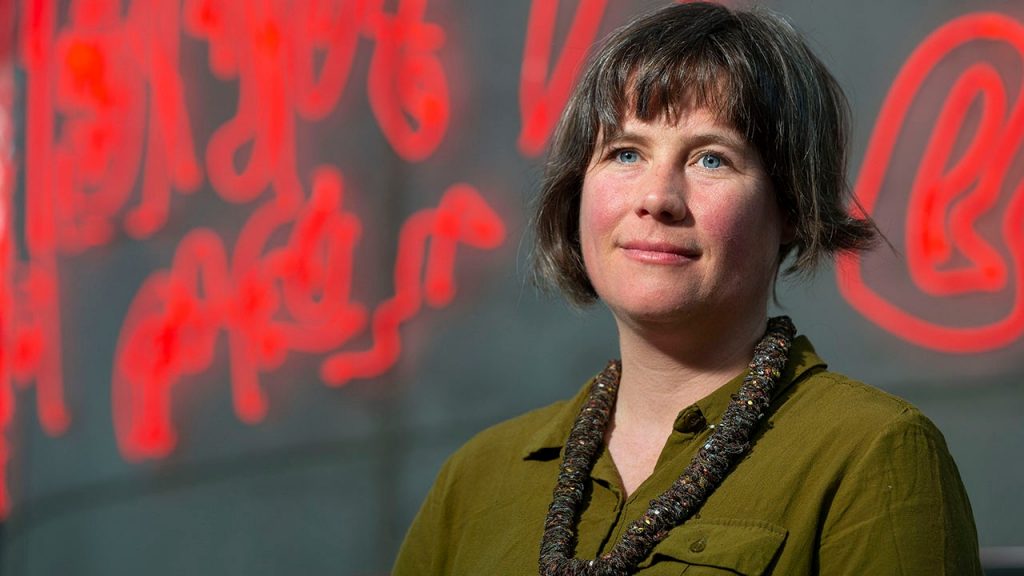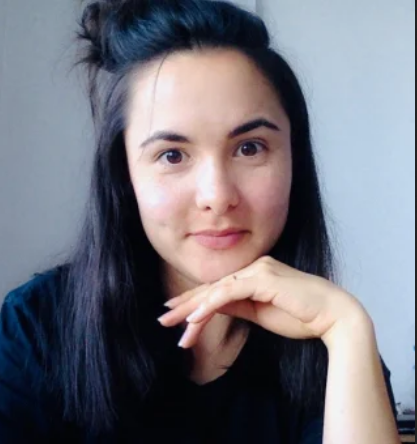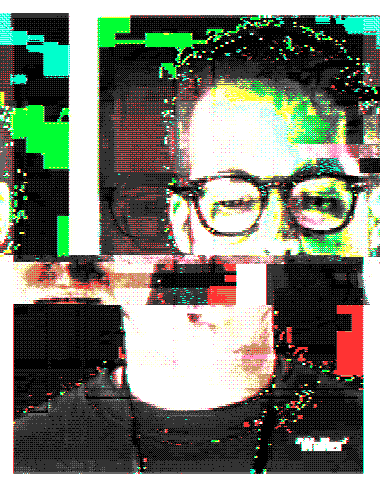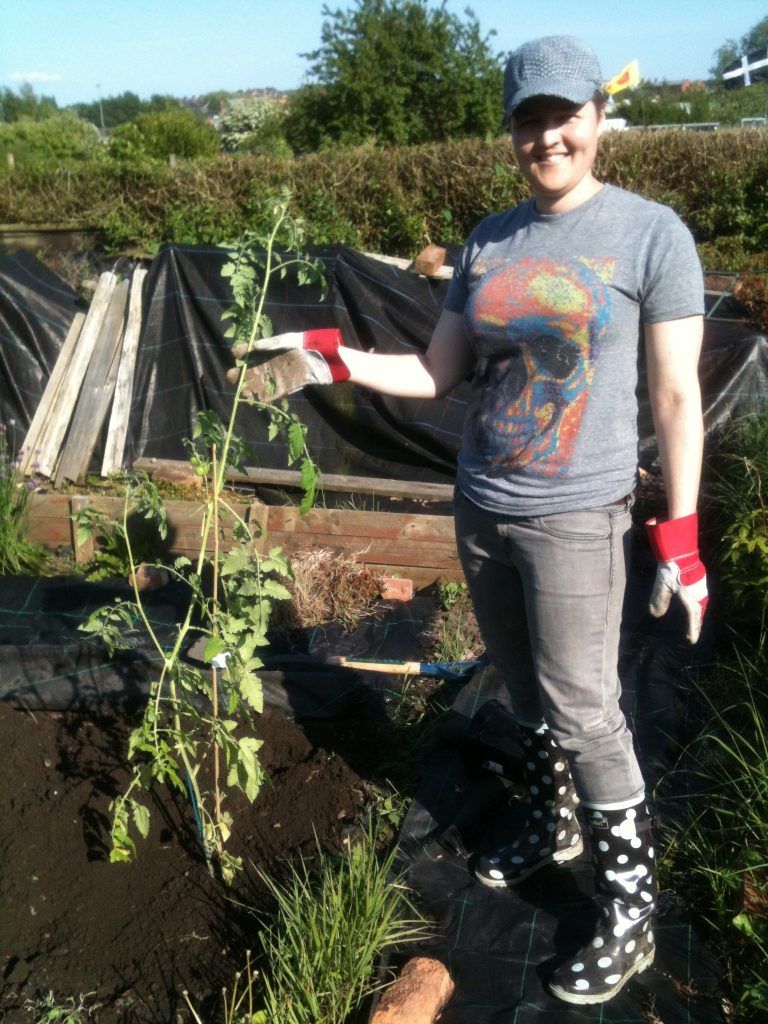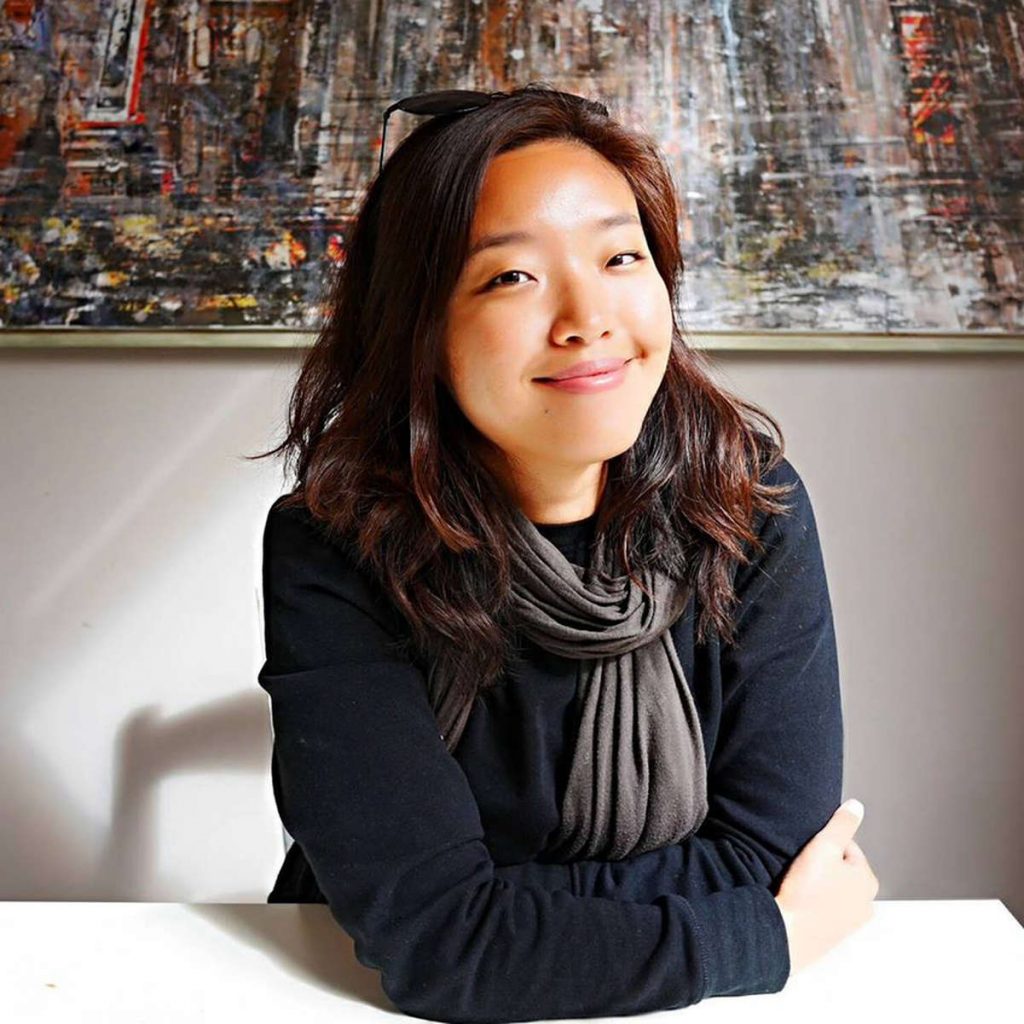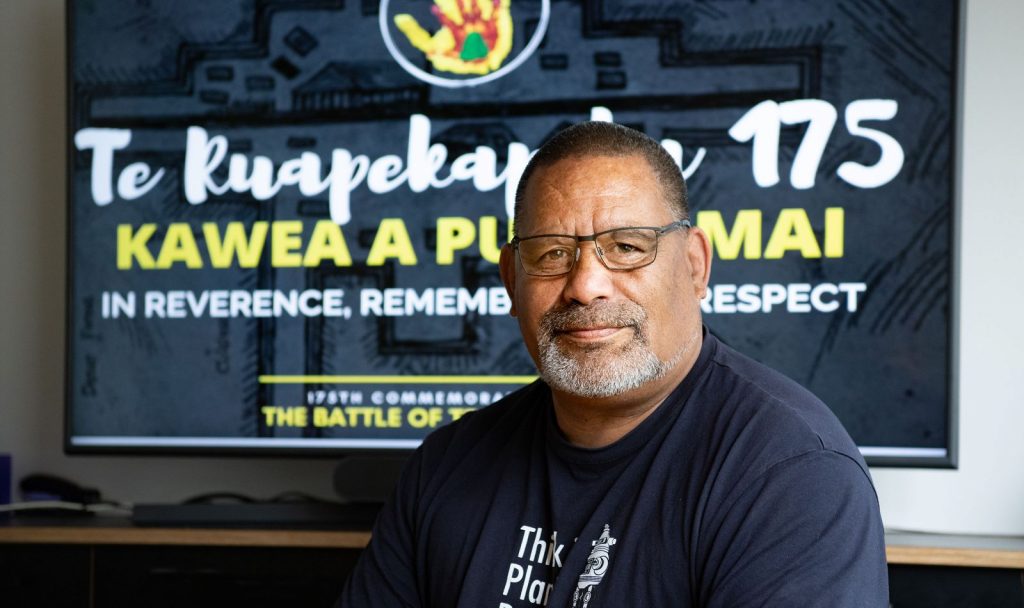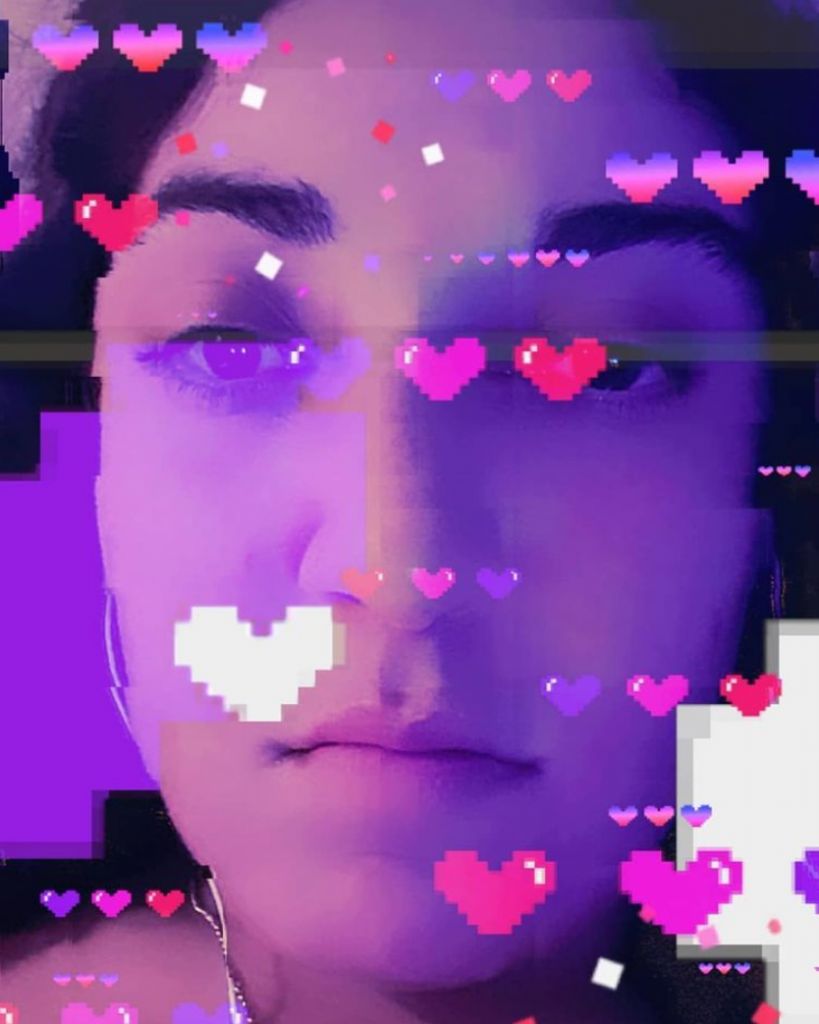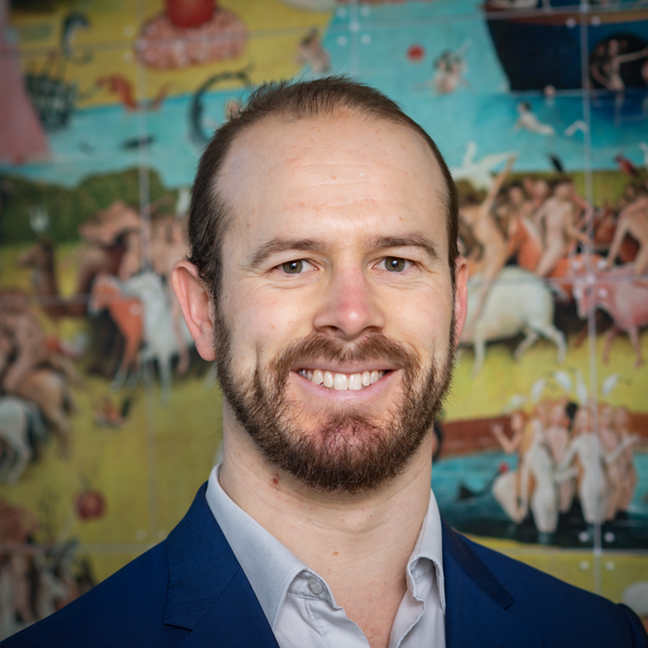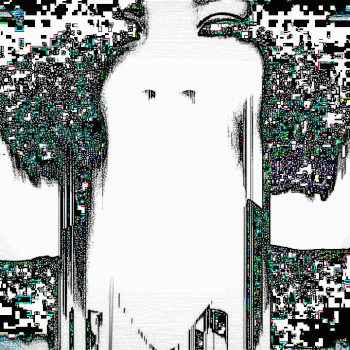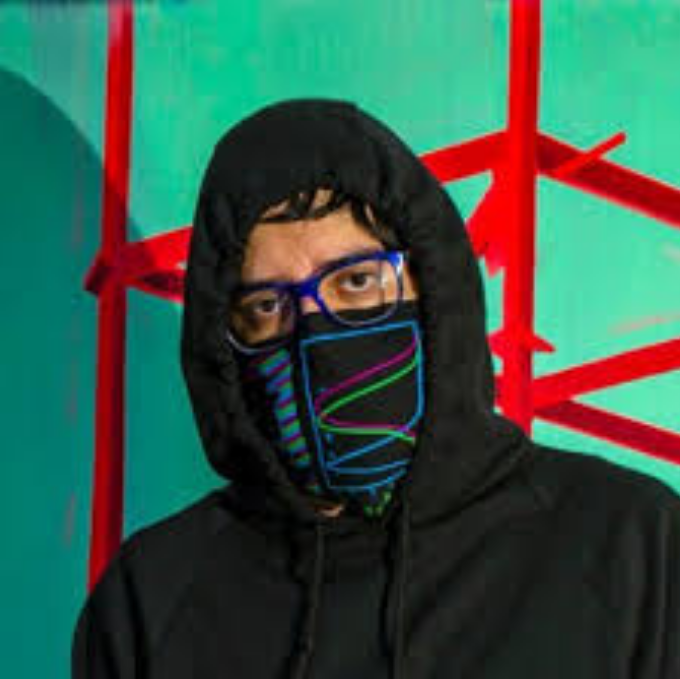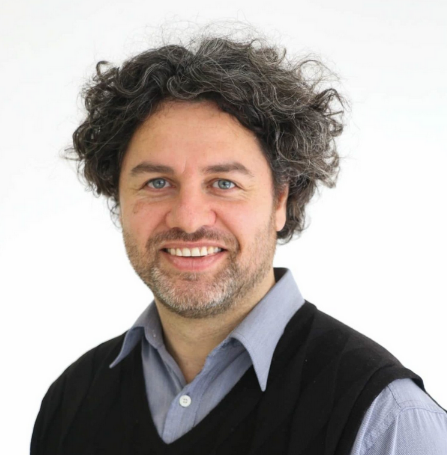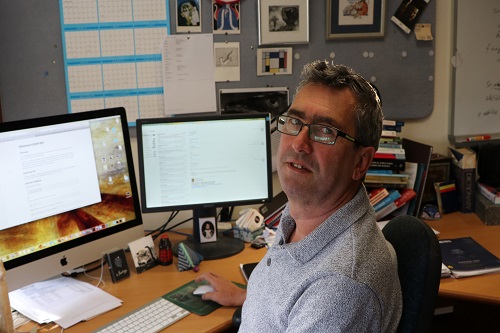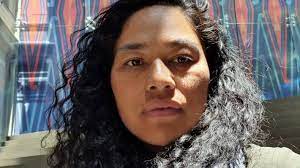
Helen’s awareness of the potential of complementary currencies for environmental, social and economic wellbeing began in 1991 when she joined the Wairarapa Green Dollar Exchange. In 2002 she became a founding member of the Living Economies board and the New Zealand distributor of Margrit Kennedy’s Interest and Inflation Free Money, the first of a growing list of titles now available through the Living Economies online bookstore.
Helen is a keen networker, and her attendance at international conferences on currencies in Germany (2003) and New York (2004) have led to ever-widening contacts with others committed to researching and promoting local and global currency projects. She was project manager for the New Zealand edition of Fleeing Vesuvius, published by Living Economies in August 2011.
